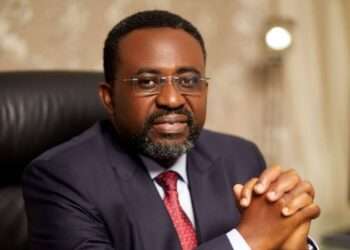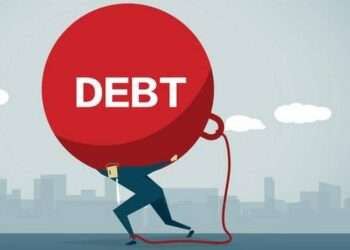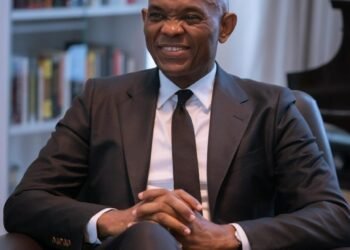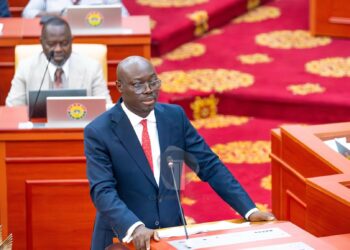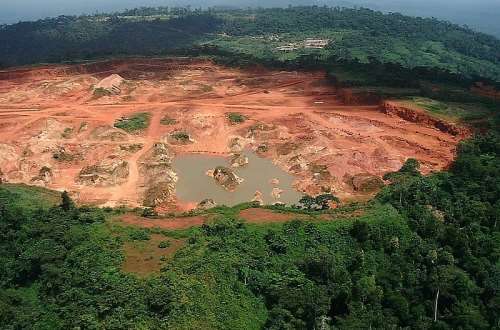The International Monetary Fund (IMF) Director for Africa Department, Abebe Selassie, has stated that Ghana has taken the tough economic decisions needed to win a rescue package from the International Monetary Fund, once bilateral creditors sign off on assurances.
According to Abebe Selassie, Ghana has done all the prior actions that were expected of the country for the bailout program from the IMF.
The government has increased taxes and imposed losses on domestic investors, as authorities attempt to meet IMF demands for the $3 billion loan. Still, informal talks with bilateral lenders have dragged on.
“They’ve done a really, really difficult domestic debt restructuring exercise. The country now needs to get the resources required to support reserves. Provided we have the financing assurances, we would go to the board very quickly after that. So, within the next three, or four weeks. That’s the key hurdle for us.”
Abebe Selassie
Meanwhile, bilateral lenders, including China, are now expected to set up a committee to start formal negotiations with Ghana in the next few days. First on the committee’s agenda will be a written commitment to provide relief to Ghana, paving the way for the loan from the IMF.
The talks are taking place under the Group of 20’s so-called Common Framework, which expands the Paris Club of sovereign creditors to include China and other nations. Just under a third of Ghana’s bilateral debt, $1.9 billion, is owed to China. That is just a fraction of the nation’s 575.7 billion cedis ($50 billion) of public debt at the end of November.
Five days after a surprise interest rate hike to a record 29.5% on March 27, parliament passed a bill to raise an additional 4 billion cedis ($353 million) in revenue this year. That was after a previous 250 basis points increase in value-added tax to 15%.
Finance Minister Ken Ofori-Atta said in a presentation that the fiscal measures and restructuring of cedi-denominated liabilities will help the Ghana lower its public debt to 71% of gross domestic product by 2028. However, the IMF said it needs to be on track to drop to 55% by that year to qualify for support – Before the government’s interventions, it had been projected to reach 109%.

The adjustments and latest tax increases are taking a heavy toll on Ghanaians as many are complaining of the impact.
The latest tax increases are an additional cost and if the industry can no longer bear it, it will be compelled to cut costs, including labor and output,” said Humphrey Kwesi Ayim-Darke, President of the Association of Ghana Industries. He also added saying Small and medium-sized companies, manufacturing and agriculture are going to be hardest hit because of their high-risk premium historically.
Meanwhile, Finance Committee Chairman at Ghana’s Parliament is the latest to express optimism of getting the deal through on time. Mr. Kwarteng is optimistic about Ghana’s ability to secure the commitments it needs to proceed with the IMF deal.
The Government of Ghana also recently announced that it expects to receive financial assurances from the Official Creditor Committee by the end of April 2023, paving the way for International Monetary Fund Board approval in May 2023.
READ ALSO: South African President Targets $110 Billion New Investment in the Next 5 Years


